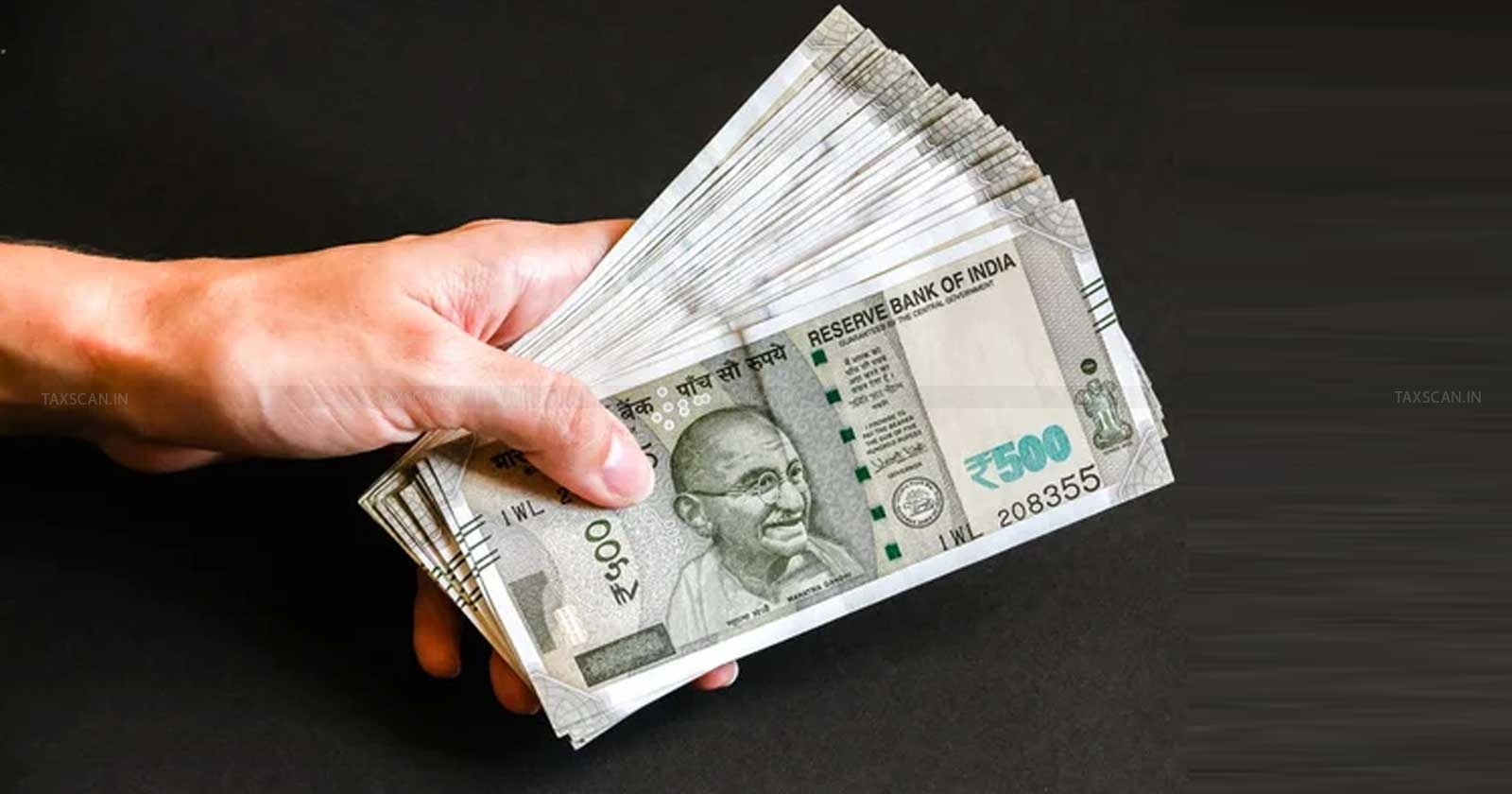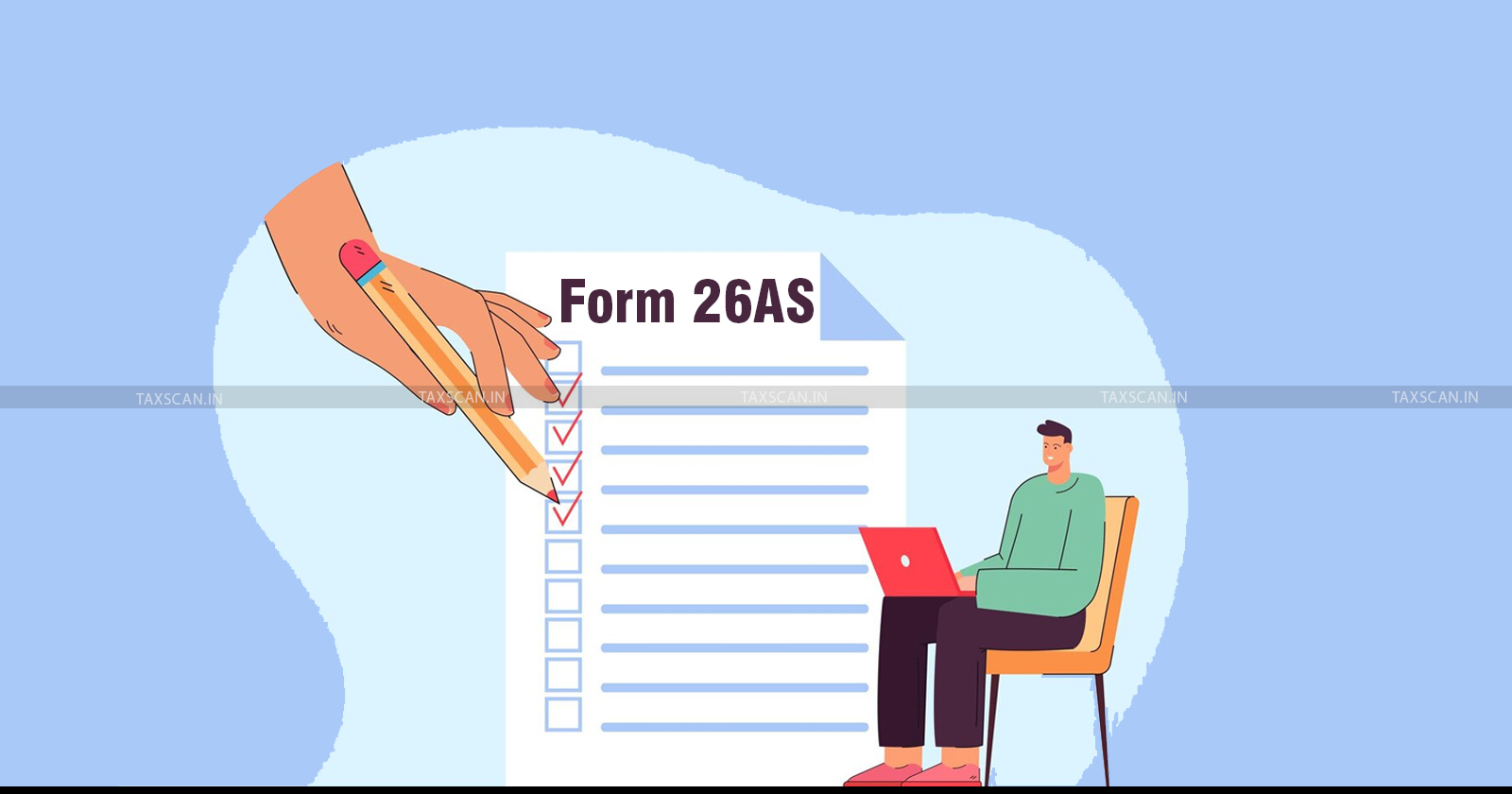Conduit Companies Cannot be Taxed without Proof of Income: Delhi HC Deletes Commission Income Additions on Alleged Accommodation Entry [Read Order]
The Court relied on detailed tabular record of financial transactions from the assessee’s bank account
![Conduit Companies Cannot be Taxed without Proof of Income: Delhi HC Deletes Commission Income Additions on Alleged Accommodation Entry [Read Order] Conduit Companies Cannot be Taxed without Proof of Income: Delhi HC Deletes Commission Income Additions on Alleged Accommodation Entry [Read Order]](https://images.taxscan.in/h-upload/2025/11/04/2102343-conduit-companies-taxed-proof-of-income-taxscan.webp)
The Delhi High Court ruled that entities functioning merely as conduit companies in accommodation entry arrangements cannot be subjected to tax on presumed commission income without proof of real earnings.
The Court deleted the commission income additions made under the Income Tax Act, 1961 on allegations of accommodation entry operations, holding that such additions cannot survive when the entity has not generated any taxable income.
The appellant Pr. Commissioner of Income Tax, Delhi challenged a common order of the Income Tax Appellate Tribunal (ITAT) related to Third Generation Traders Pvt. Ltd., which was subjected to assessments under Section 153C of the IncomeTax Act, 1961 for Assessment Years 2012-13 to 2017-18.
Want a deeper insight into the Income Tax Bill, 2025? Click here
The company had declared small incomes in its returns, but following a search conducted on the associates of alleged accommodation entry operators, the Assessing Officer (AO) treated the credits in its bank account as unexplained cash credits under Section 68 of the Income Tax Act, 1961 and further made additions towards commission income on the premise that the assessee was facilitating accommodation entries.
Puneet Rai, Ashvini Kumar, Rishabh Nangia, Gibran, Nikhil Jain, and Srishti Sharma, appearing for the Revenue submitted that the Tribunal had erred in deleting additions made under Section 68 relating to unexplained bank credits received from several entities.
It was argued that the assessee had failed to produce documentary support for the sources of funds and that the commission income additions computed at 0.25 percent were justified since the assessee operated as a conduit in routing funds to ultimate beneficiaries. It was also contended that protective assessments cause no prejudice to the assessee until finalized.
The Tribunal upheld the findings of the Commissioner of Income Tax (Appeals) [CIT(A)] that since substantive additions were already made in the hands of real beneficiaries of the accommodation entries, the protective additions in the hands of the conduit entity could not survive.
The Tribunal further observed that the assessee company did not earn any genuine commission income because it was being utilized as a pass-through entity by the alleged entry operators. The factual circumstances were found to be identical to earlier cases involving entities controlled by the same operators, where similar additions were deleted.
 Also Read:Cabinet Approves 8th Central Pay Commission Terms of Reference: 1 Crore Employees & Pensioners to Benefit
Also Read:Cabinet Approves 8th Central Pay Commission Terms of Reference: 1 Crore Employees & Pensioners to Benefit
The bench of Justice Vibhu Bakhru and Justice Tejas Karia observed that the assessment orders themselves indicated that the assessee functioned purely as a pass-through entity in a layering structure operated by the alleged accommodation entry providers, referred to as the Jain Brothers.
The Court relied on the transaction summary placed on record by Revenue, which demonstrated that in each financial year, the opening and closing balances in the assessee’s bank account remained substantially the same, and the credit entries were entirely offset by corresponding debits.
The Court accepted the Tribunal’s reasoning that the credit entries did not represent real income in the hands of the assessee. Since substantive taxation had already been imposed on the ultimate beneficiaries of these entries, there was no legal basis to impose parallel additions under Section 68 of the Income Tax Act, 1961 in the hands of a shell conduit.
Further, the bench held that the alleged commission income of 0.25 percent was also not supported by any material suggesting that the assessee actually earned commission. Instead, the AO’s own findings pointed to the Jain Brothers as the real earners of any commission generated from the entry routing business.
Accordingly, the Court agreed with the findings of the CIT(A) and the ITAT that no taxable income arose to the assessee. Therefore, the High Court dismissed all connected Revenue appeals.
Support our journalism by subscribing to Taxscan premium. Follow us on Telegram for quick updates



